Senior NHS leaders, local politicians, and community groups recently came together at the South East London Citizens Community Health Assembly, pledging to tackle health inequalities.
The assembly was timely as London doctors have been warned about an outbreak of measles with potential cases anywhere between 40,000 and 160,000, as vaccine uptake has dipped to the lowest level seen since 2010-11.
According to WHO, at least 95% of children must be vaccinated to protect communities from measles. The UK has never met this target, and currently around 10% of school age children are not protected from measles.
Dr Yvonne Young, Regional Deputy Director for the UKHSA, outlined how the Health Protection Team will assess each situation individually with schools and local partners, to provide advice for staff and pupils in the case of outbreaks.
Dr Young said: “Nobody wants to see their child or loved ones sick with measles, or put others who are more vulnerable at risk.”
A spokesperson for the NHS in Southeast London said: “No blanket policy is in place to exclude children from school, and if we should have a case of measles or an outbreak in Southeast London, action will be taken depending on the exact circumstances, and on the advice of UKSHA.”
The UK Health Security Agency recognises inequalities in vaccine uptake based on factors such as ethnicity, geography, and a lack of resources.
The COVID-19 lockdowns also led to accessibility issues that affected vaccine uptake.
The Southeast London Citizens Community Health Assembly aimed to address health inequalities.
It was attended by over 400 people, including representatives from organisations like Southwark and Peckham Citizens and Bromley Football Club.
Participants shared moving stories about how their own health has been impacted by unequal access.
These included issues such as low wages, the impact of the housing crisis on health, and racial inequalities, that are particularly pertinent in migrant communities.
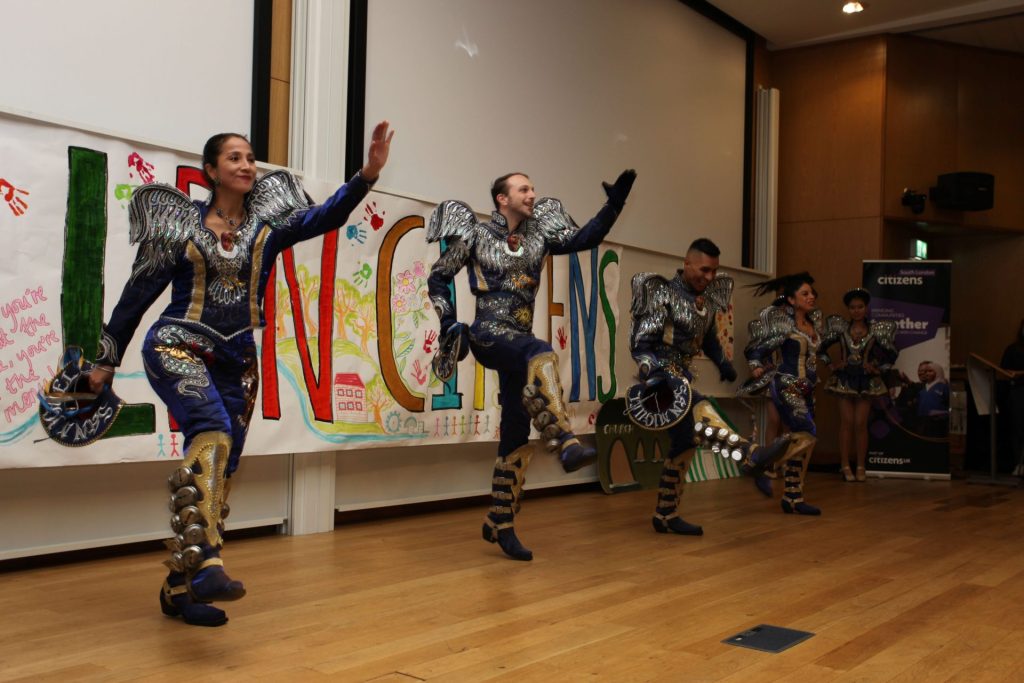
Senior NHS leaders for Southeast London pledged to address the issues raised as a matter of importance.
These included developing community-guided solutions to help alleviate the impact of housing issues on health, to tackle racial inequalities with programmes such as the Community Embedded Worker and Safer Surgeries, and to promote a real living wage for Southeast London.
Andrew Bland, chief executive, Southeast London Integrated Care Board said: “The assembly was a true testament to the power of listening, and putting power back into the hands of local communities to improve health outcomes and reduce inequalities.
“The place you live, the job you do, and the income you earn are important building blocks of health.
“That’s why we want to support people’s health and wellbeing by taking action to create better opportunities.”
Sir Norman Lamb, Chair of South London and Maudsley NHS Foundation Trust and the South London Listens Taskforce, said: “The event was a powerful example of how anchor institutions like the NHS and local authorities can, and should, work in genuine partnership with local communities to tackle social and economic challenges to create a happier and healthier society.”
On the night, Betty Efemini, Director of Holistic Well Women, a BeWell Hub, said: “Tonight is about building a relationship – not just this evening but for the long term.
“So often our communities are not part of making the decisions that impact their lives.
“Tonight is about celebrating all the work we have done and are doing to bring communities to the table.”
The evening embraced the rich cultural diversity of Southeast London, with performances from two LatinX dance groups, powerful poetry from the Harris East Dulwich Girls school, a beautiful act from the King’s College London Acapella Group and a recital from the Iqra Primary School choir.
Images credited: NHS Southeast London
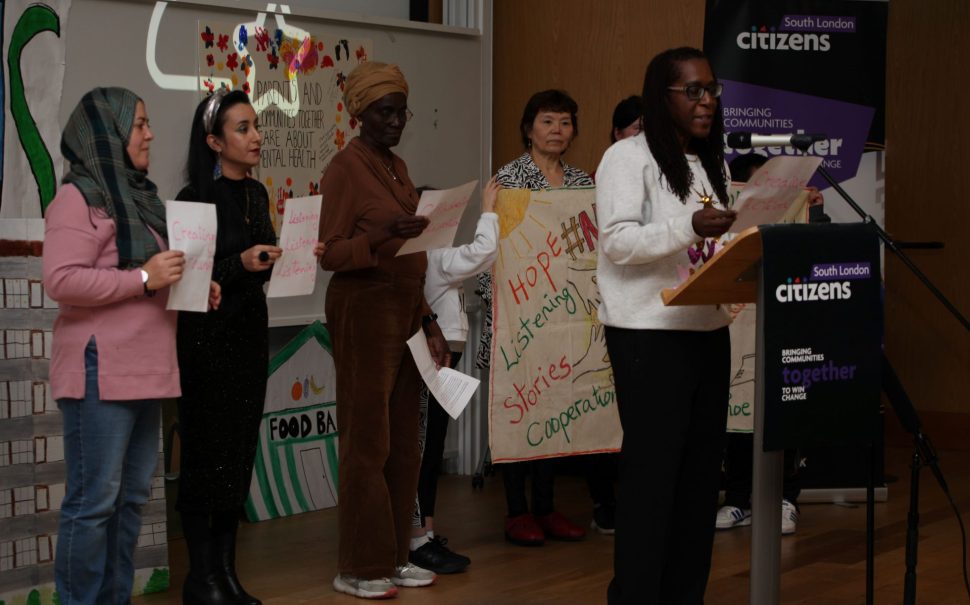
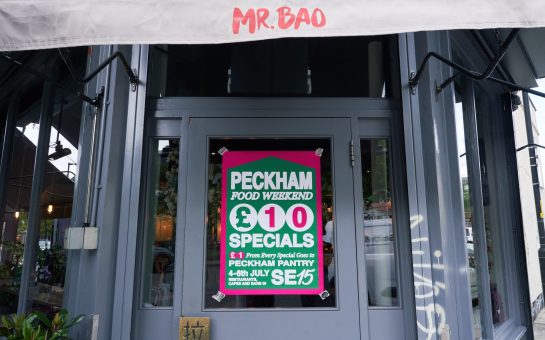
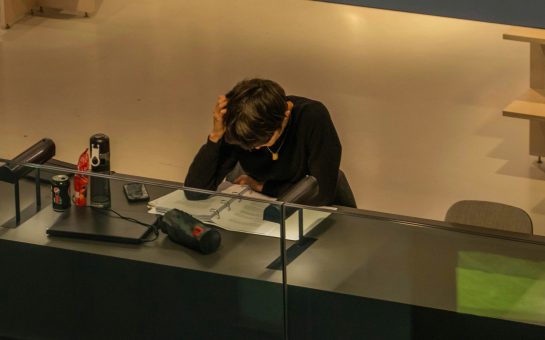
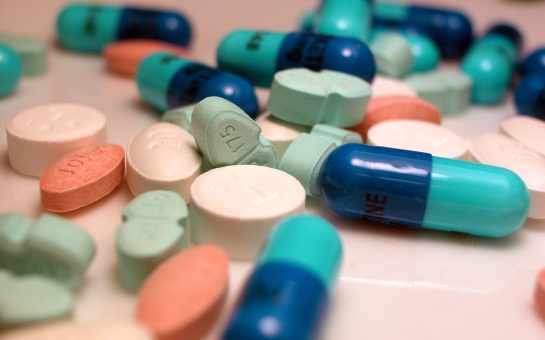

Join the discussion